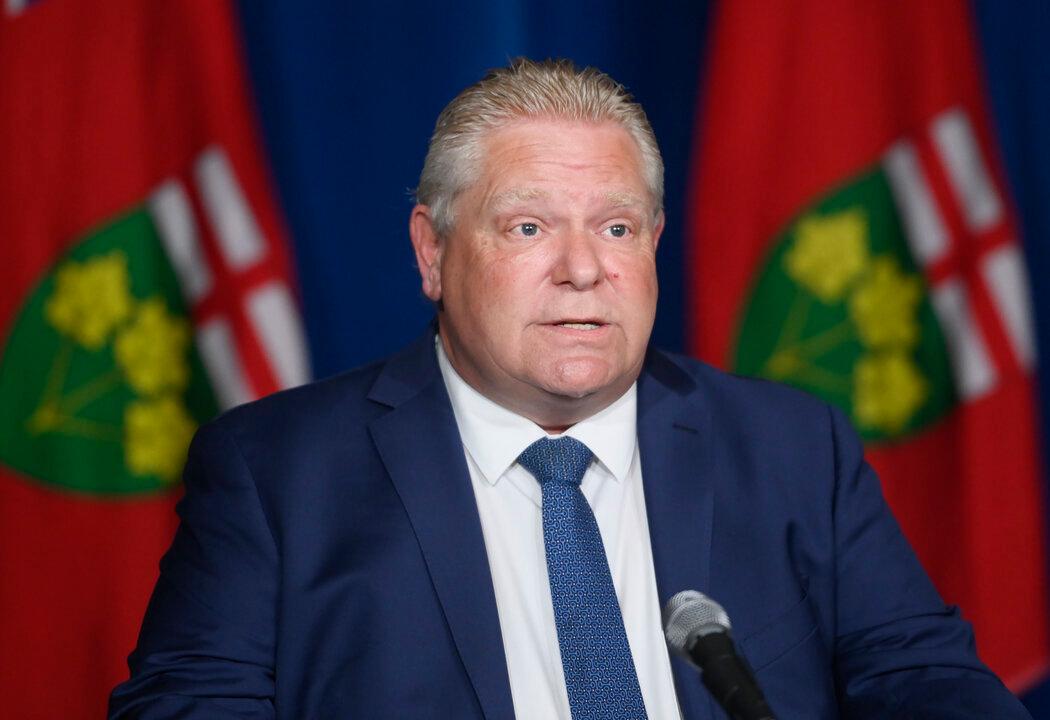Commentary
Ontario Premier Doug Ford wants students to be safe. That’s the reason he gave for keeping K-12 schools closed for the remainder of the year.

Ontario Premier Doug Ford wants students to be safe. That’s the reason he gave for keeping K-12 schools closed for the remainder of the year.